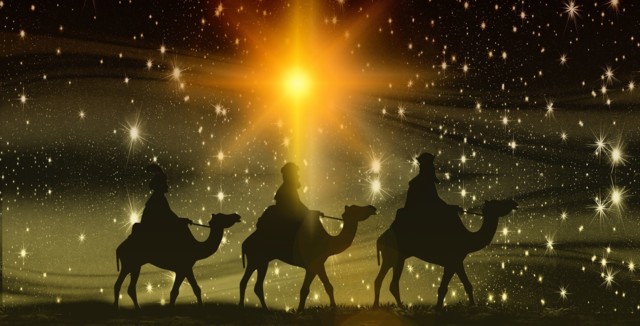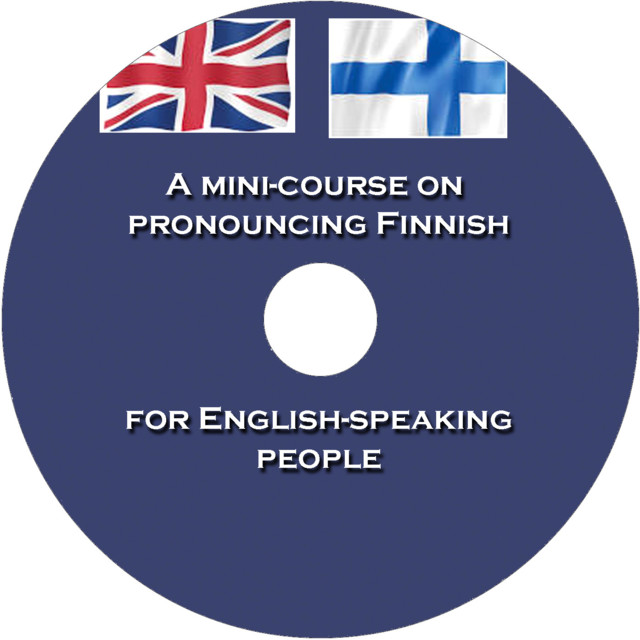
A few people of today have time and will to seek for the purposes and aims of life in any other than in its most formal and natural form. People are interested in the welfare of their own and of their close relations, maybe of their possibilities of getting wealth and honor. They leave life after physical death – if they still believe in it – as a faraway headache.
As to “the endgames”, many people seem to rely on the idea that a Christian baptizing, confirmation and a socially decent lifestyle give shelter against the kind of condemnation or destruction about which the Christian belief is talking.
It is very likely that the ideas of both good and bad endings – heaven and hell – have been overemphasized by leaving out all possible places, spaces or locations between these two extremes.
In their minds, people have developed a fantastic image of heaven where they could live happily as separate persons (not connected with God). Hell is performed as an everlasting place of torture – in spite of the fact that Gospels are talking about destruction – in other words – fading of individual consciousness.
***
The Gospel of Thomas (99) says:
The disciples said to him, “Your brothers and your mother are standing outside.” He said to them. “Those here who do the will of my father are my brothers and my mother. It is they enter the kingdom of my father.”
It is quite clear that doing or filling the will of God requires full and direct knowledge of the will, which is eternal in nature – so that it contains no worldly distortions.
***
Matthew 23:25 states:
Woe unto you, scribes and Pharisees, hypocrites! for ye make clean the outside of the cup and of the platter, but within they are full of extortion and excess.
Thomas (89) conforms the same:
Why do you wash the outside of the cup? Do you not realize that he who made the inside is the same one who made the outside?
Both of these texts emphasize the idea that conquering or transcending the ordinary human nature requires a process of inner change. Of course, it is necessary to establish some outer discipline, so that the most unrefined sensuality and desires do no longer dominate in one’s mind.
However, one must remember that by forcing the mind into some mode does not usually lead to any deepening of understanding nor to inner peace. There is a warning in Matthew 5:39.
“But I say unto you, That ye resist not evil.”
This request is not meant to apply in every case. Probably it points at a state of mind in which hate or any other defensive behavior have room and power no more.
This advice fits well to inner processes – so that it is not wise to use excess force to oneself against one’s own nature. In fact, there is a danger that the mind does a nasty trick by bypassing the controlled gate of vices and using an unguarded one (as is the case in the celibacy of some catholic priests) instead.
***
The need to deal with one’s inner being comes up clearly in Matthew 7:5.
Thou hypocrite, first cast out the beam out of thine own eye; and then shalt thou see clearly to cast out the mote out of thy brother's eye.
“Seeing” means here an understanding that has freed itself from its prejudices and ignorance. It is easier for a person to see the kind of vices in another people that he has in his own nature.
Matthew 15:7–8 emphasizes the need for understanding (heart) in writing:
Ye hypocrites, well did Esaias prophesy of you, saying, This people draweth nigh unto me with their mouth, and honoureth me with their lips; but their heart is far from me.
Today some psychologists might interpret this as an emotional intelligence – a kind of balanced state between feelings and reasoning. However, the “heart” in this connection denotes to a much higher intelligence or wisdom than what common feelings and logical thinking represent.
The Gospel of Luke (12:56) also brings forth the conditional meaning of ordinary thinking and research:
Ye hypocrites, ye can discern the face of the sky and of the earth; but how is it that ye do not discern this time?
By “this time”, Luke denotes to the inner significance and nature of the present moment. Many clever people are aiming their efforts at outer phenomenon or past events.
***
Matthew 6:5 and 6:16 warns about showing one’s religious acts to other people:
Therefore when thou doest thine alms, do not sound a trumpet before thee, as the hypocrites do in the synagogues and in the streets, that they may have glory of men. When ye fast, be not, as the hypocrites, of a sad countenance: for they disfigure their faces that they may appear unto men to fast.
To follow common manners in streets and churches is not, of course, any failure or sin, if a person does not think that by doing so he earns “heavenly credit points” to himself.
***
Luke 17:20–21 makes a seldom-used statement:
The kingdom of God cometh not with observation: Neither shall they say, Lo here! or, lo there! for, behold, the kingdom of God is within you.
The text might be understood to deal with the end of times but it is quite certain that it point to the idea that the Spirit and Divine Being are the inmost essence of all that there is in this universe – and that it is the ultimate task of a human being to dig and bring it forth (for himself and others).
John 3:3 denotes to the way of “bringing this forth”:
Verily, verily, I say unto thee, Except a man be born again, he cannot see the kingdom of God.
We can find “evidence” to this statement also in the first letter of Peter (1:23):
Being born again, not of corruptible seed, but of incorruptible, by the word of God, which liveth and abideth for ever.
In this letter “the word of God, living forever” does not mean only verbal expressions but rather a direct state of consciousness that opens the (freeing) truth in its ultimate essence.
***
Matthew 23:13 lashes with hard words the religious leaders of the time (or any time):
Woe unto you, scribes and Pharisees, hypocrites! for ye shut up the kingdom of heaven against men: for ye neither go in yourselves, neither suffer ye them that are entering to go in.
The Gospel claims that even the leaders were not very honest in their spiritual efforts and that they did not allow any nonprofessionals see and search the sources that they had in their possession (if they had not yet lost them).
***
The Gospel of Thomas (22) brings forth the need for a perfect co-operation and unity of one’s inner and outer being – so that it could work as a temple of the Holy Ghost:
Jesus saw infants being suckled. He said to his disciples, “These infants being suckled are like those who enter the kingdom.” They said to him, “Shall we then, as children, enter the kingdom?” Jesus said to them, “When you make the two one, and when you make the inside like the outside and the outside like the inside, and the above like the below, and when you make the male and the female one and the same, so that the male not be male nor the female female; and when you fashion eyes in place of an eye, and a hand in place of a hand, and a foot in place of a foot, and a likeness in place of a likeness; then will you enter the kingdom.”
The main point of this saying lies in likeness. The human (secular, temporal) and the divine (timeless, eternal) beings are so different in nature that they cannot be united unless one of them loses his former nature. Of course, this former being must be the human part, which has identified itself with temporal phenomenon in time and space (which is sometimes called as the original sin).


